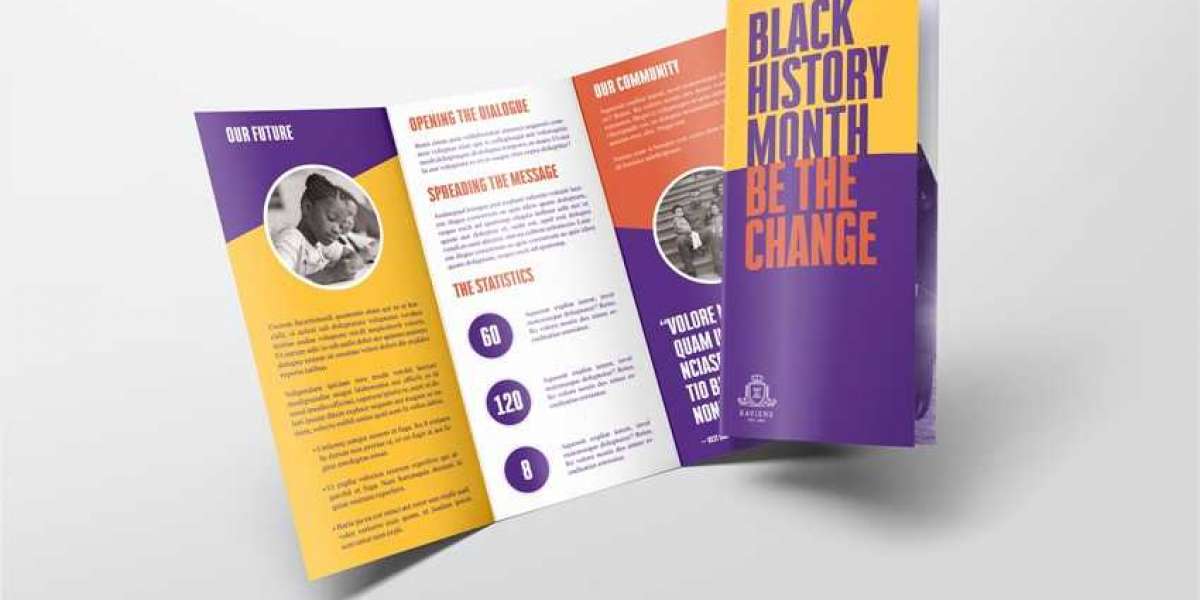Dubai, the bustling metropolis of the UAE, is known for its luxurious lifestyle, towering skyscrapers, and vibrant cultural scene. While it offers a high standard of living and numerous career opportunities, many prospective expats and students wonder about Dubai cost of living . Whether you're considering relocating for work, study, or business, understanding the costs involved will help you plan your budget accordingly. Here’s a breakdown of the key expenses you can expect when living in Dubai.
1. Accommodation Costs
Accommodation is one of the biggest expenses in Dubai. Rental prices vary greatly depending on the area, size of the property, and type of accommodation. For instance, living in the city center or upscale areas like Downtown Dubai or Palm Jumeirah will cost significantly more than in suburban areas like Al Nahda or Deira. On average:
- 1-bedroom apartment in the city center: AED 5,000 to AED 10,000 per month
- 1-bedroom apartment outside the city center: AED 3,000 to AED 6,000 per month
- 3-bedroom apartment in the city center: AED 12,000 to AED 20,000 per month
It’s essential to consider the size and location of the accommodation when budgeting for rent.
2. Utilities and Internet
The cost of utilities, including electricity, water, and cooling (which is a significant cost in Dubai’s hot climate), typically ranges from AED 500 to AED 1,000 per month for a standard apartment. Internet services are also widely available, with prices ranging from AED 300 to AED 500 per month for a standard broadband connection.
3. Transportation Costs
Dubai has a well-developed public transportation system, including the Dubai Metro, buses, and taxis. However, many residents prefer to drive, given the convenience of owning a car. If you opt for public transport, a monthly pass for the metro and buses typically costs between AED 300 and AED 400. On the other hand, if you choose to drive, fuel prices in Dubai are relatively affordable, with an average cost of AED 2.50 per liter. Car rental prices start at AED 1,500 to AED 2,500 per month for a compact car, while car ownership costs include insurance and maintenance.
4. Food and Dining
Eating out in Dubai can range from budget-friendly to extravagant, depending on your preferences. On average, a meal at an inexpensive restaurant costs around AED 30 to AED 60, while a three-course meal for two at a mid-range restaurant can cost AED 150 to AED 300. For groceries, a typical monthly food bill for a single person may cost between AED 1,000 to AED 2,000, depending on your shopping habits and whether you buy imported or local products.
5. Healthcare and Insurance
Healthcare in Dubai is of a high standard, and many expats are required to have health insurance. The cost of health insurance can vary based on the coverage and provider, but generally, it can range from AED 500 to AED 2,000 per month for an individual. For those with employer-sponsored health insurance, the cost may be lower.
6. Education Costs
For expat families with children, education is an important consideration. International schools in Dubai offer a variety of curriculums, including British, American, and IB systems. School fees can be expensive, ranging from AED 20,000 to AED 60,000 per year, depending on the school and grade level. Some schools may offer discounts for siblings or early payment, so it’s worth exploring options in advance.
7. Entertainment and Leisure
Dubai is known for its wide range of entertainment and leisure activities, from shopping malls and fine dining to theme parks and desert safaris. The cost of entertainment can vary, but a movie ticket generally costs around AED 40 to AED 50, and a gym membership ranges from AED 200 to AED 500 per month. You can also find plenty of free or low-cost activities, such as visiting beaches, parks, and public events.
Conclusion
The cost of living in Dubai can be high, but it offers a quality of life that many find worthwhile. With careful budgeting, it’s possible to manage expenses, especially if you plan ahead and choose your accommodation, transportation, and lifestyle choices wisely. While Dubai’s rent and lifestyle can be expensive, the city offers excellent employment opportunities, tax-free income, and a dynamic, cosmopolitan atmosphere that attracts people from all over the world.







